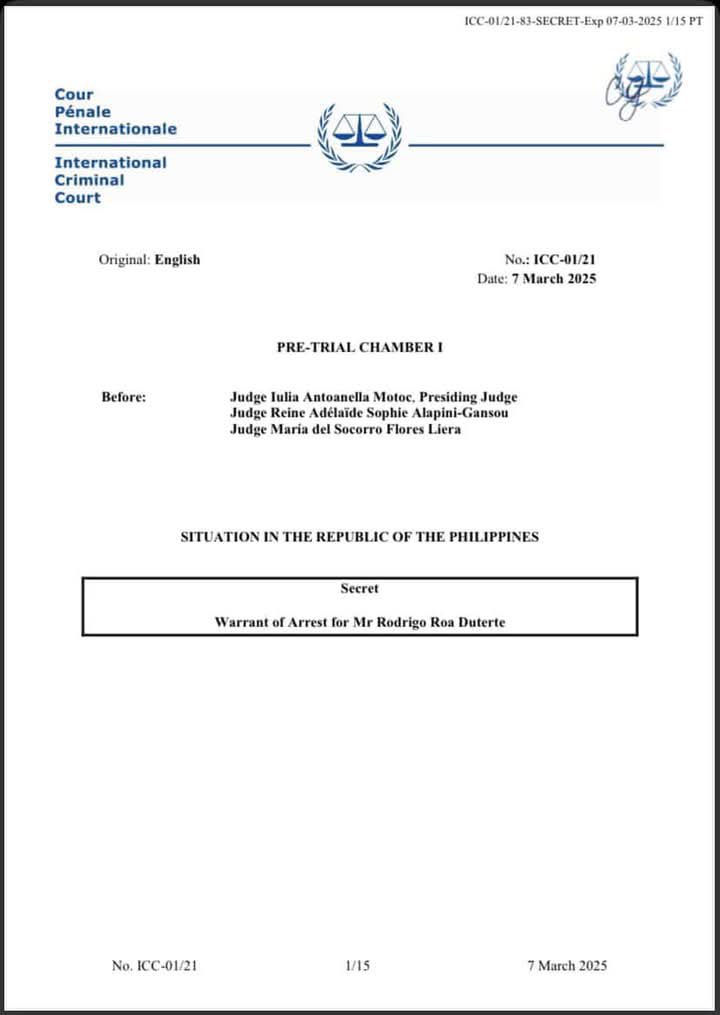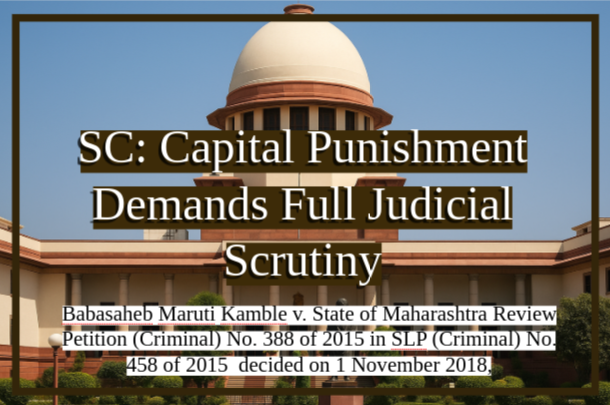Duterte's War on Drugs: the ICC Warrant and Its Implications
- M.R Mishra

- Mar 12, 2025
- 3 min read
In recent years, the world has watched with a mix of horror and fascination as former Philippine President Rodrigo Duterte waged a brutal campaign against illegal drugs. Dubbed the "War on Drugs," this initiative has been marked by widespread allegations of extrajudicial killings, human rights violations, and a culture of impunity.
On March 11, 2025, the International Criminal Court (ICC) issued an arrest warrant for Duterte, reigniting global attention on this controversial chapter in Philippine history.
The Origins of Duterte's War on Drugs
2016, Rodrigo Duterte assumed the presidency in he made a bold promise: to eradicate illegal drugs in the Philippines. His approach was uncompromising and often violent. Duterte encouraged police and even civilians to kill suspected drug users and dealers, famously saying, "If you know of any addicts, go ahead and kill them yourself."
This rhetoric set the tone for a campaign that would leave thousands dead.
The Philippine National Police reported over 6,000 deaths in anti-drug operations, but human rights groups estimate the actual number to be much higher, possibly exceeding 30,000. Many of these killings were carried out by vigilantes or unidentified gunmen, raising serious concerns about accountability and due process.
The War on Drugs has had a devastating impact on Filipino communities. Poor neighborhoods were disproportionately targeted, with many victims being small-time users or low-level dealers. Families were torn apart, and children were left orphaned.
Critics argue that the campaign failed to address the root causes of drug addiction, such as poverty and lack of access to education and healthcare, instead opting for a punitive and violent approach.
Human rights organizations, including Amnesty International and Human Rights Watch, have documented numerous cases of extrajudicial killings, arbitrary arrests, and torture. Despite these allegations, Duterte remained popular among many Filipinos, who saw him as a strong leader willing to take drastic measures to combat crime.
Why ICC's Involved?

The International Criminal Court, which investigates and prosecutes individuals for genocide, crimes against humanity, and war crimes, began looking into Duterte's War on Drugs in 2018. The Philippines initially withdrew from the ICC in 2019, but the court retained jurisdiction over crimes committed during the country's membership period (2011-2019).
On March 11, 2025, the ICC issued an arrest warrant for Duterte, accusing him of crimes against humanity. This landmark decision has been hailed by human rights advocates as a step toward justice for the victims of the War on Drugs. However, it has also sparked controversy, with Duterte's supporters arguing that the ICC is overstepping its bounds and interfering in Philippine sovereignty.
The ICC's arrest warrant is a significant development in the global fight against impunity. It sends a clear message that leaders who commit atrocities will be held accountable, regardless of their position or popularity.
The warrant also raises important questions about the role of international justice in addressing domestic issues. While some see the ICC as a crucial mechanism for accountability, others view it as a tool of Western imperialism that undermines national sovereignty.

Rodrigo Duterte's War on Drugs has left an indelible mark on the Philippines, with thousands of lives lost and countless others shattered. The ICC's arrest warrant represents a pivotal moment in the quest for justice, but it also highlights the complexities of holding powerful leaders accountable.
As the world watches this case unfold, it serves as a stark reminder of the importance of upholding human rights and the rule of law, even in the face of daunting challenges.
For more details on the ICC warrant you can read the original article on Al Jazeera: Arrested on ICC Warrant: What Was Duterte's War on Drugs?







Comments